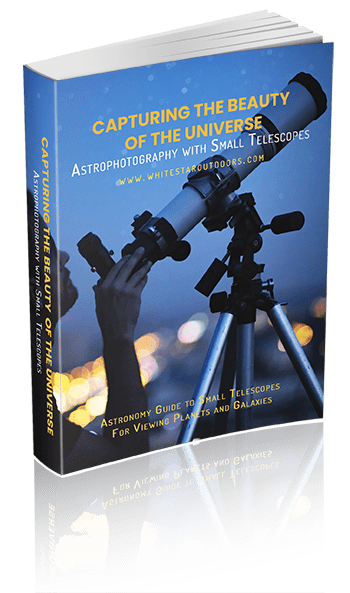The beauty of astronomy is that anybody can do it. From the tiniest baby to the most advanced astrophysicist, there is something for anyone who wants to enjoy astronomy. It is a science that is so accessible that virtually anybody can do it virtually anywhere they are. All they have to know how to do is to look up.
It is impressive when you think that just by looking up on any night, you could see hundreds of thousands of stars, star systems, planets, moons, asteroids, comets, and maybe even an occasional space shuttle might wander by.
It is even more breathtaking when you realize that the sky you are looking up at is, for all intents and purposes, the same sky that our ancestors hundreds and thousands of years ago enjoyed when they just looked up.
Timeless Cosmos
There is something timeless about the cosmos. The planets, moon, and the stars beyond them have been there for ages. It does something to our sense of our place in the universe.
Many of the stars we “see” with our naked eye are the light that came from that star hundreds of thousands of years ago. That light is just now reaching the earth. So authentically, looking up is like time travel.
Children first discover the amazing light show on display for free every night by looking up. Everybody knows how to look up. You can probably remember that first time you noticed that explosion of stars above you when you were a child. It is time to foster that same love of astronomy in your children. You have to teach them how to look up.
While anyone can look up and fall in love with the stars at any time, the beauty of astronomy is learning how to become more and more skilled and equipped in star gazing that you see and understand more and more each time you look up. Here are some steps you can take to make the moments you can devote to your hobby of astronomy much more enjoyable.
* Get out of town.
The furthest you can get from the city’s lights, the more you will see in the night sky.
* Know what you are looking for.
It is great fun to start learning the constellations, how to navigate the night sky, and find the planets and famous stars. There are websites and books galore to guide you.
* Learn some history.
Learning the background to the great discoveries in astronomy will make your moments of star gazing more meaningful. It is one of the oldest sciences on earth so find out the greats of history who have looked at these stars before you.
* Find a geek.
Astronomy clubs are lively places full of knowledgeable amateurs who love to share their knowledge with you. For the price of a coke and snacks, they will go stargazing with you and overwhelm you with trivia and excellent expertise.
* Know when to look.
Knowing the weather will make sure your star gazing is rewarding, but if you learn when the extensive meteor showers and other significant astronomy events will make the excitement of astronomy come alive for you.
And when all is said and done, get equipped. Your quest for newer and better telescopes will be a lifelong one. Let yourself get addicted to the beauty of astronomy; the experience will enrich every aspect of life. It will be an addiction you never want to break.




